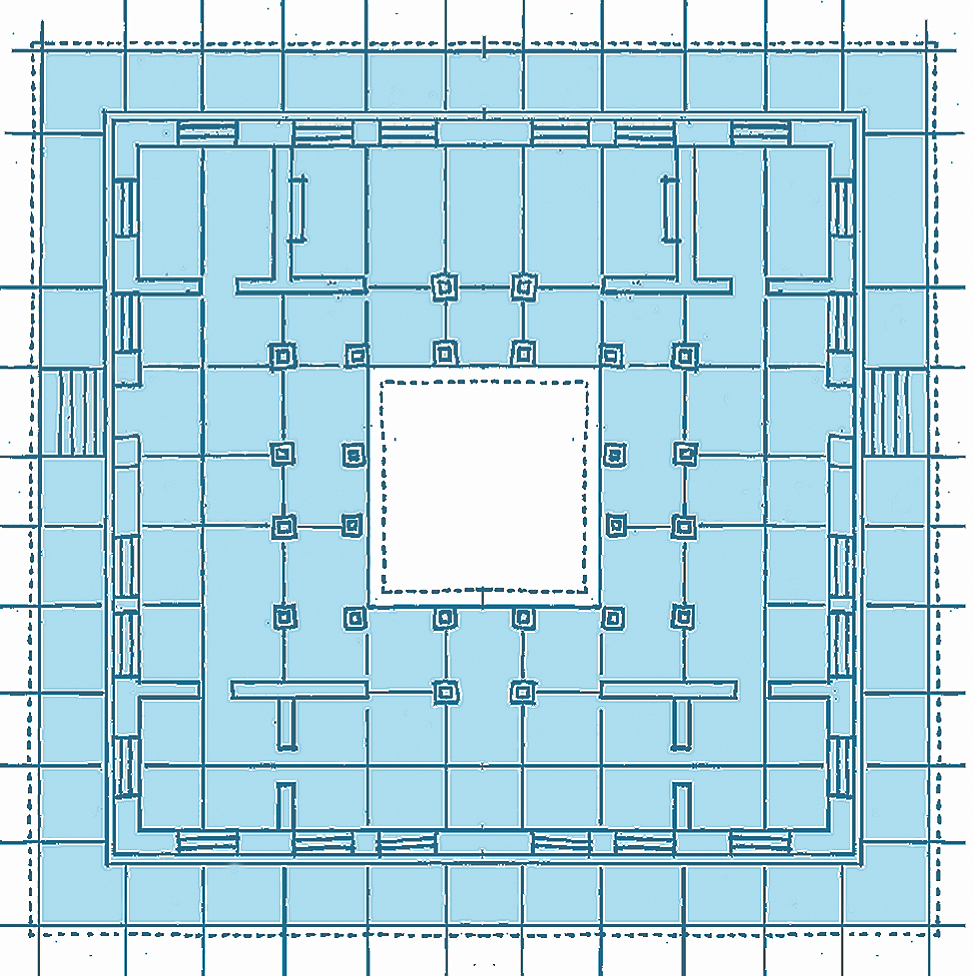The inmates have taken over the asylum. The news that the Indian Institute of Technology, Kharagpur, will introduce the rudiments of Vastu Shastra suggests the takeover.
Now, Vastu Shastra technically means the science of architecture. But the way it is practiced today has little to do with science or logic; in the present context, it is indeed pseudoscience and superstition. The prominent scientist Jayant Narlikar is unambiguous in his views on Vastu Shastra: it is a pseudoscience that does not have any “logical connection” to the environment. In a 2009 book published by Cambridge University Press, Narlikar cited the illogical principles of Vastu: “sites shaped like a triangle… will lead to government harassment,… parallelogram can lead to quarrels in the family.”
Further, he asserted, there is no logic in the principle: “If the boundary lines of the plot on which the house is built are not parallel to the magnetic axis, such land is poor for overall growth, peace, and happiness.”
This is the reason that good institutions don’t teach Vastu. But this will change soon. A report in The Times Of India (April 17) says, “As a concept, Vastu Shastra did not figure in the architecture and infrastructure syllabi. But [IIT Kharakpur] faculty members—while looking at re-orienting teaching-learning for the coming academic session—feel that since students are being taught concepts prevalent in the West, there is no reason why they shouldn’t be conversant with ancient Indian architectural traditions. They believe that Vastu studies are not rooted in religion. Instead, ancient Indian concepts have a scientific basis and introducing students to these will open up new vistas, they say.”
Well, Vastu studies may not be rooted in religion but they surely are in superstition.
That the government run by the biggest Hindu nationalist party would glorify the country’s achievements is a given; what is objectionable is its bid to all aspects of Hindu India, including what is rotten. Superstitions, pseudoscience, elaborate rituals, excessive religiosity, taboos like the one on sea voyage, etc., have been the bane of our country since time immemorial. These were the factors that made us so weak that we were ruled by foreigners for centuries in the first place. To glorify everything Hindu just because our ancestors practiced them is downright stupid.
But, unfortunately, Hindu nationalists lack discernment; they can’t tell a real attainment from blight. They don’t seem to be interested in scientists like Aryabhatta and Varahmihir, in litterateurs like Kalidas and Shudrak, and in the philosophies of various schools; they are only focused on pseudoscience. Today they are keen on Vastu. A few years ago, they wanted to promote astrology.
In June 2000, the then human resource development ministry Murli Manohar Joshi had mooted the idea of introducing Vedic astrology courses in higher institutions. The University Grants Commission duly issued a notification to universities to this effect on February 23, 2001: “There is an urgent need to rejuvenate the science of Vedic astrology in India, to allow this scientific knowledge to reach to the society at large and to provide opportunities to get this important science even exported to the world.”
At that time, top academics protested against the proposal. The bodies like the Indian Statistical Institute, the Institute of Mathematical Sciences, the Indian National Science Academy, the Indian Institute of Science, the Raman Research Institute, and the Indian Institute of Astrophysics also opposed the government and the UGC.
Would there be an encore? Would the bosses of top scientific institutes oppose the accreditation of a pseudoscience, Vastu? Seems doubtful. At least, the TOI report has not mentioned any resistance to the government’s obscurantist proposal. At least one member—Joy Sen, head of the Ranbir & Chitra Gupta School of Infrastructure Design and Management of IIT Kharagpur and a faculty member of the architecture department—has supported the move. He said, “Times are changing and across the globe there is a renewed interest in ancient Indian knowledge. So, it is natural that we will tweak our syllabus to include Vastu in architecture and infrastructure classes.”
He is right. The times they are achangin’.
Moving towards a Sanskari era.
